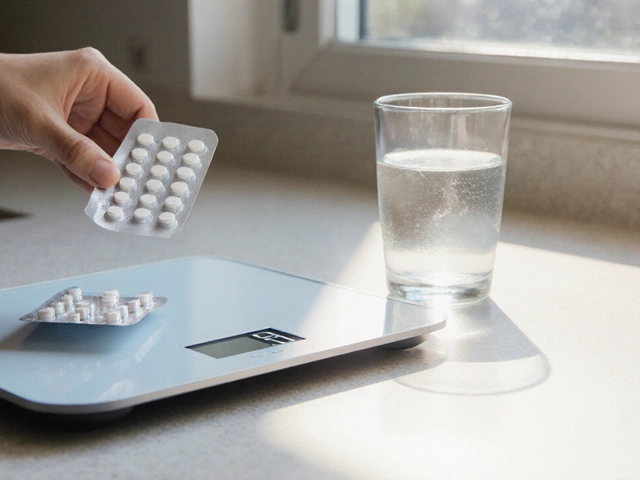Orthopedics Recovery – Real Tips to Get You Moving Again
If you’ve just had an orthopedic procedure, the road ahead can feel confusing. You might wonder when you can walk without crutches, how much pain is normal, or if you’re doing the right exercises. The good news is that most people bounce back faster when they follow a clear plan. Below we break down the most common hiccups after surgery and give you straightforward steps you can start today.
Common Challenges After Orthopedic Surgery
Right after the operation, swelling and stiffness are the first things that show up. Your body is reacting to the trauma, so a bit of ache is expected. What’s not helpful is letting the swelling run wild – it can keep you from moving and delay healing. Another frequent issue is fear of re‑injuring the joint. That fear often leads people to stay still, which actually makes muscles weaker and joints tighter.
Finally, many patients forget the importance of nutrition. Protein, vitamin D, and calcium are the building blocks your body needs to rebuild tissue. Skipping these can slow down bone healing and muscle recovery.
Practical Tips for Faster Recovery
1. Move within the first 24‑48 hours. Gentle ankle pumps, finger motions, or short walks (if your surgeon says it’s okay) keep blood flowing and reduce clot risk. Even shifting your weight a little can make a big difference.
2. Ice smartly. Apply a cold pack for 15‑20 minutes, three to four times a day. This cuts swelling without freezing the skin. Rotate the pack to avoid cold burns.
3. Follow a structured rehab plan. Your surgeon or physiotherapist will give you a set of exercises. Stick to them, but listen to your body. If a movement hurts sharp and suddenly, stop and call your clinician.
4. Boost your protein. Aim for about 1.2‑1.5 grams of protein per kilogram of body weight each day. Eggs, paneer, lentils, and whey shakes are simple options.
5. Stay hydrated. Fluids help keep joints lubricated and assist in flushing out inflammation byproducts.
6. Sleep well. During deep sleep, your body releases growth hormone, which is essential for tissue repair. Keep the bedroom cool, dark, and limit screen time before bed.
Most of the posts on our site, like the guide on “What to Expect at Your First Orthopedic Appointment” and the article about “Hardest Orthopedic Surgery to Recover From,” echo these same points. Real patients share stories about using a bedside commode after knee replacement, learning to get up without help, and gradually returning to gym routines.
Remember, recovery isn’t a race. Your timeline will depend on the type of surgery, your age, and how closely you follow the rehab plan. Celebrate small wins – a painless stair climb today, a longer walk tomorrow. Those victories add up and keep you motivated.
Feel free to browse our other articles for deeper dives on specific surgeries, pain‑management tricks, and nutrition tips. With the right approach, you’ll be back to the activities you love faster than you think.

How Many Days of Rest Are Needed After Knee Replacement Surgery? Expert Recovery Timelines & Tips
Find out exactly how many days you’ll need to rest after a knee replacement, what real recovery looks like, and science-backed tips for a faster return to normal life.

How ADHD Impacts Life Expectancy
Apr, 10 2025



